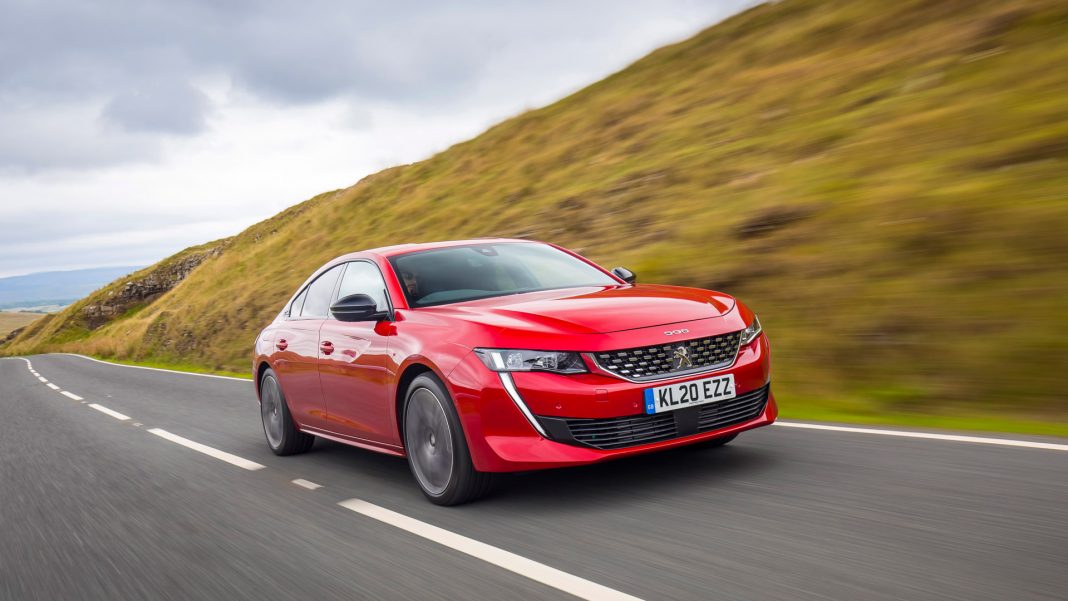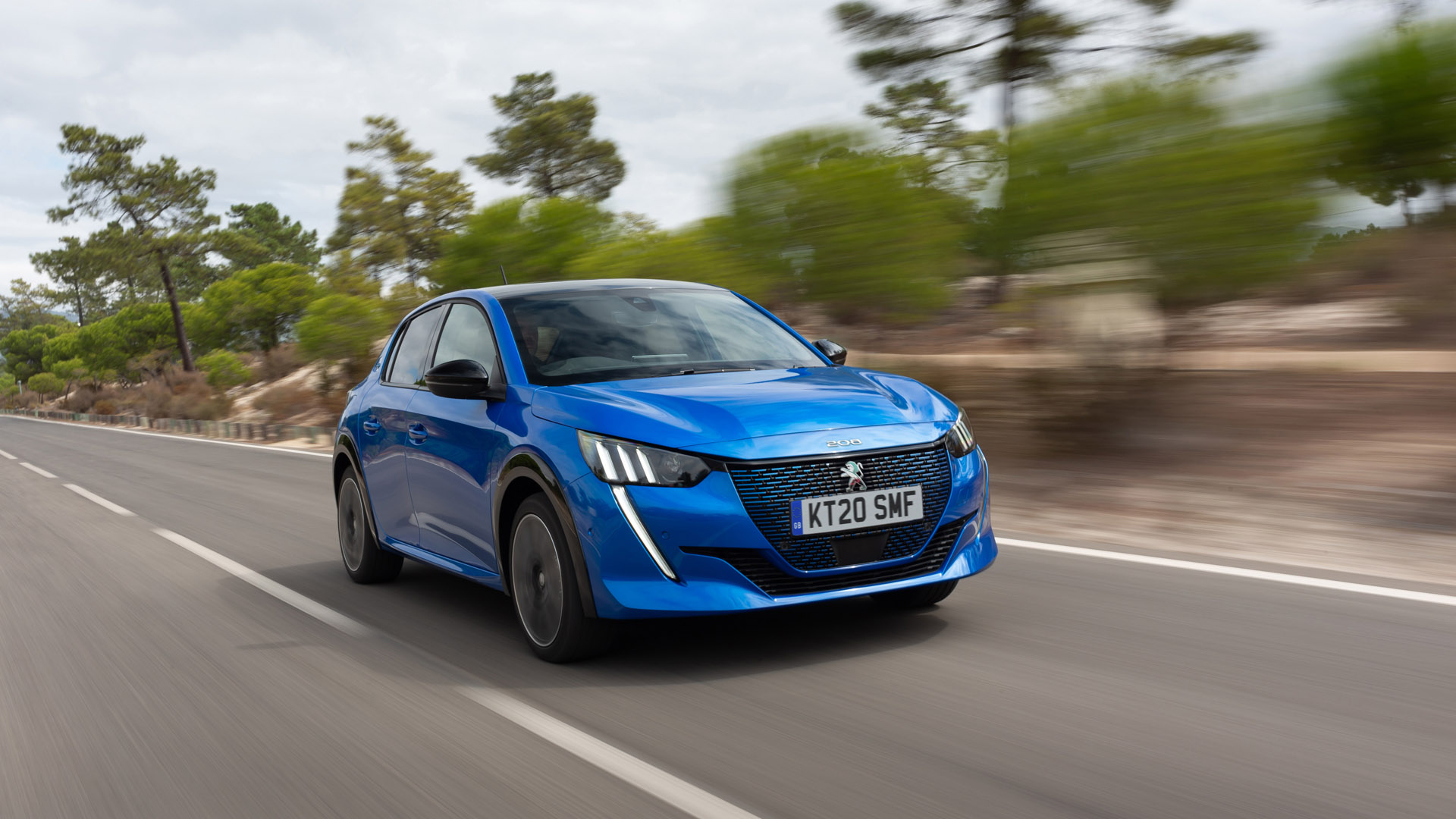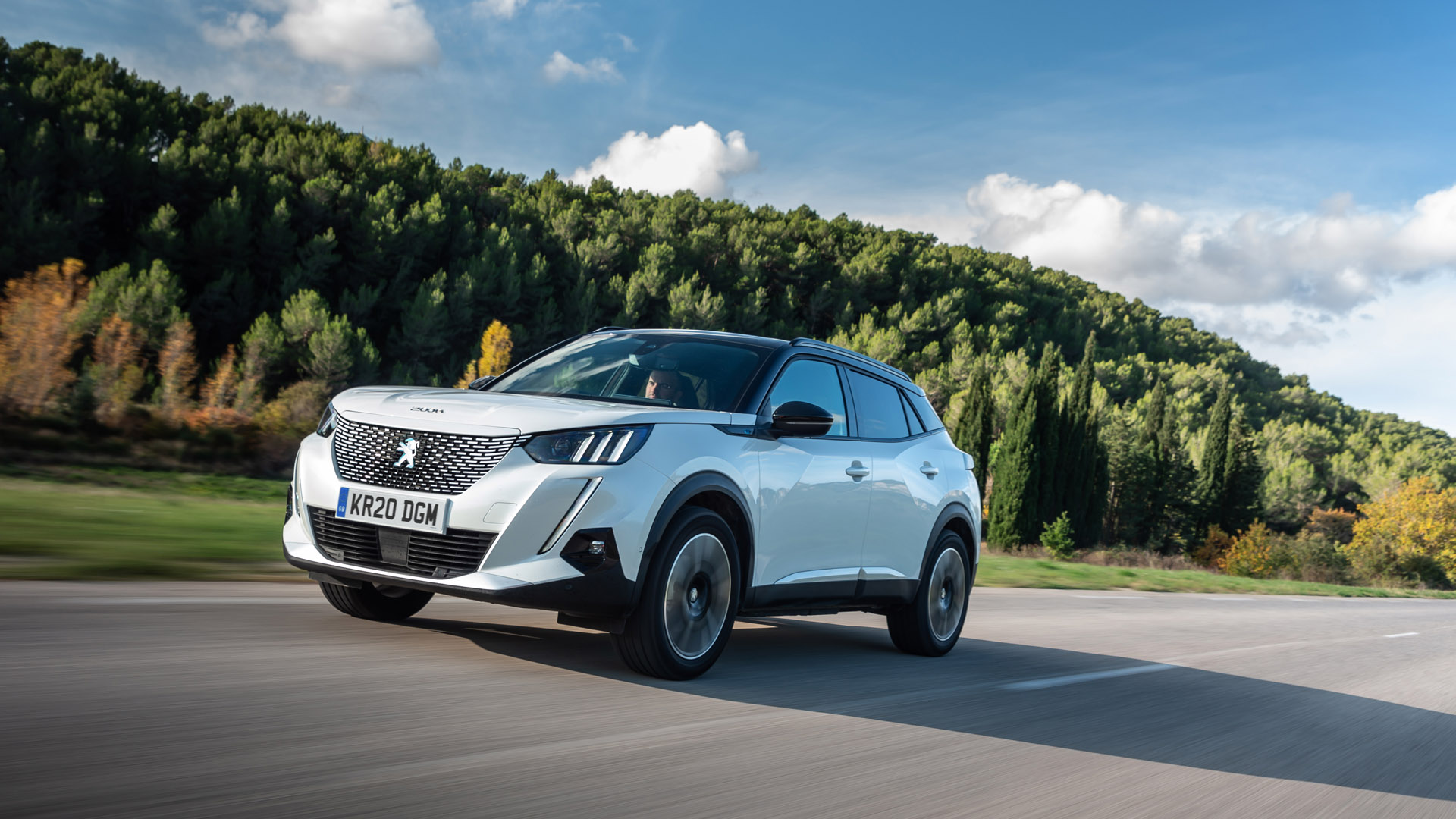The recyclability of vehicles will be a major issue for the automotive industry in the coming years. Groupe PSA and the Peugeot brand are looking at ways to optimise resources by integrating green or recycled materials into production vehicles to sustain recycling channels and further reduce the environmental footprint they leave behind when they reach their end-of-life.
Read next: Leeds City Council expands its fleet with new Renault EVs
The environmental challenge
By 2060, there will be ten billion people on earth; the OECD estimates that the use of raw materials will double to keep pace with increased growth. This will undoubtedly put pressure on the environment.
With legislation to reduce tailpipe emissions, manufacturers also need to limit the environmental impact on the amount of raw materials used in production and further the wastage that accumulates after these vehicles reach their end-of-life.
Buy a car phone mount on Amazon (Affiliate)
To exercise social responsibility, reduce their risk of dependency and control production costs, car manufacturers must find solutions by:
- Using materials from a responsible supply chain (respect for human rights, the environment and ethics)
- Responsibly handling end-of-life products (in particular vehicles and batteries for electric vehicles)
- Using materials compatible with the circular economy by focusing on two areas – the need to recover and recycle end-of-life vehicles and to recycle materials that are becoming scarce
- Using fewer natural resources that are increasingly expensive as they become scarcer
- Eliminating hazardous substances
Read next: What is an EV? Everything you need to know about hybrid and electric vehicles
Integrating recycled materials in Peugeot vehicles
Incorporating these environmental challenges has shaped the design of newly launched vehicles. From the design stage, Peugeot vehicles include recycled materials, which are evaluated according to how they are manufactured and the end-of-life procedure.
The latest Peugeot vehicles on the market showcase what can be achieved by including recycled materials or materials from natural resources. For example, the Peugeot 208 and 2008 SUV use an average of around 30% recycled and natural materials – this amounts to approximately 40 parts.
Read next: MG ZS EV review: An affordable all-electric SUV
The environmental impact of the car industry remains a priority for a lot of manufacturers; but do you think some should be doing more? Let us know in the comments below or via social media; we’re on: Facebook, Twitter, Instagram and YouTube.







